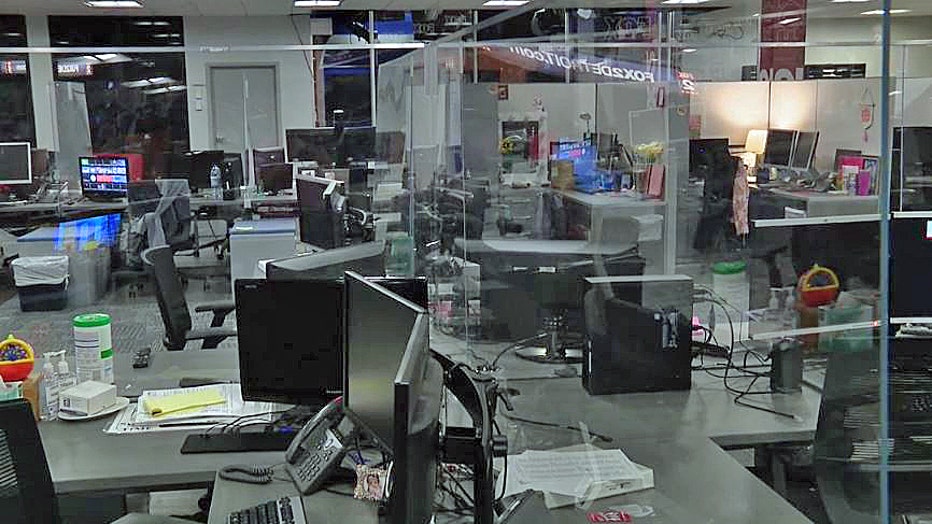Air quality expert calls plastic barriers 'hygenic theater' that don't work

Plexiglass barriers actually make Covid spread worse says expert
In spring of 2020, companies couldn't make plastic barriers fast enough. Schools, restaurants, nail salons, and even newsrooms had them installed in hopes of protecting students, employees and customers from Covid droplets - allowing everyone to get back to business.
FOX 2 - In spring of 2020, companies couldn't make plastic barriers fast enough.
Schools, restaurants, nail salons, and even newsrooms had them installed in hopes of protecting students, employees and customers from Covid droplets - allowing everyone to get back to business.
But air quality expert Dr. Marwa Zaatari says over time, researchers discovered COVID-19 is also spread through unseen aerosol particles. The plexiglass is actually blocking airflow and increasing the risk of transmission.
"You are creating what we call a cluster, so the virus will cluster next to you or next to the person sitting next to you basically," Zaatari said. "So the virus will go beyond the plastic barriers or over it, or the side, and you get infected."
In fact, Zaatari says erecting those plastic shields gave people a false sense of security - and some stopped social distancing and wearing masks.
Over the last year, Zaatari has worked with schools and businesses debunking myths and coming up with pandemic plans. She says the best protection is air ventilation and filtration.
"Ventilation and filtration basically outside air to inside to dilute the virus or filtration, capturing the virus," she said. "These two methods work overtime beyond Covid."
Zaatari along with other experts believe businesses and schools need to be investing in better airflow.
It's cost-effective and using proven methods - ventilation or filtration is a better option than depending on people to wear masks, social distance and wash their hands correctly.

"What we learned for schools and other environments is that social distancing is not really a key," she said.
Schools and businesses should urge people to get vaccinated, install air filtration systems and enforce mask-wearing, she added.

